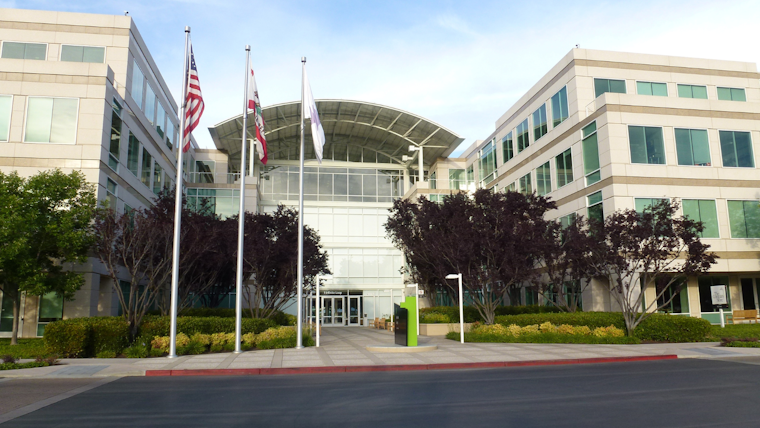
In a landmark decision that's ringing through the tech industry, Apple has been hit with a staggering fine exceeding €1.8 billion by the European Commission. Apple's infraction? The tech giant, according to the Commission, abused its position by implementing anti-steering provisions that severely limited how app developers could inform iOS users about cheaper music streaming subscriptions available outside Apple's App Store.
As detailed in a statement from the European Commission, these practices obstructed music streaming services from enlightening customers on alternative subscription deals, a method that under EU antitrust rules, is prohibited. Hungry for dominance, Apple didn't just stop competitors from sharing cheaper options within their apps but also barred them from sending follow-up communications to inform users about better deals available through their websites.
We've fined Apple over €1.8 billion over abusive App Store rules for music streaming providers
— European Commission (@EU_Commission) March 4, 2024
For a decade, Apple abused its dominant position by restricting developers from informing consumers about alternative, cheaper music services available outside of the Apple ecosystem.… pic.twitter.com/0Kp6qugArE
The decision is a victory for Spotify, the current global market leader in music streaming services. The Stockholm-based company has long contended that Apple's restrictive practices on the App Store hindered its potential growth. In a report by SFist, Spotify accused Apple of "denying us the ability to communicate with them about how to upgrade and the price of subscriptions, promotions, discounts, or numerous other perks."
It's a familiar tune for EU antitrust chief Margrethe Vestager, who has a history of enforcing hefty penalties on tech giants. The fine is meant to counterbalance the non-monetary damage estimated by the Commission – damage that includes degraded user experience and limiting informed consumer choice. Ironically, by wrapping itself in the banner of consumer choice and competition, Apple argues that the fine favors Spotify. In their response, Apple stated that "European consumers have more choices than ever" and contended that the decision only "cements the dominant position of a successful European company."









